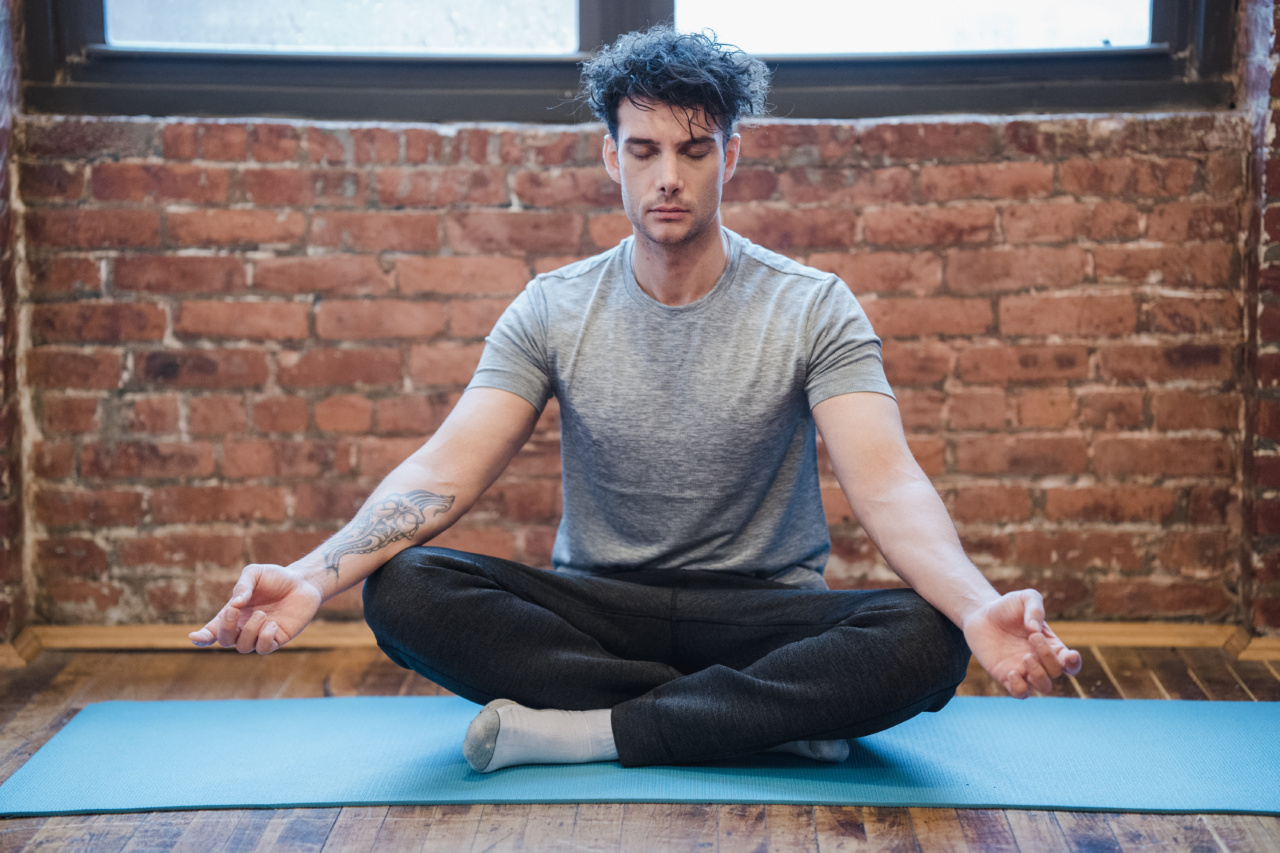Good posture is not only about looking good but it also plays an important role in our overall health and well-being. Slouching or hunching over can cause muscle strain, joint pain, and even lead to long-term health issues.
Here are 10 easy tips that can help improve your posture:.
1. Stand Up Straight
The first step to improving posture is to stand up straight. Keeping your shoulders relaxed and your chin parallel to the ground, align your ears, shoulders, hips, knees, and ankles in a straight line.
This will help distribute your weight evenly across your feet.
2. Sit Properly
When sitting, it is important to keep your back straight and your feet flat on the ground. Make sure that your hips are positioned all the way back in the seat to support your lower back. Avoid crossing your legs or sitting in one position for too long.
3. Practice Stretching
Stretching can help loosen up tight muscles caused by poor posture. Make sure to stretch your neck, shoulders, back, and hips. Hold each stretch for at least 30 seconds and repeat regularly throughout the day.
4. Use a Supportive Chair
Invest in a supportive chair that promotes good posture. Look for a chair that has adjustable height, lumbar support, and a comfortable seat cushion.
Make sure you sit all the way back in the seat and adjust the height so that your feet are flat on the ground.
5. Maintain Proper Sleep Posture
While sleeping, it is important to maintain proper posture to avoid muscle strain and joint pain. Use a supportive pillow that keeps your head and neck aligned with your spine. Avoid sleeping on your stomach and try to sleep on your back or side instead.
6. Strengthen Your Core
Building core muscle strength can help support the spine and improve posture. Try exercises like planks, crunches, and yoga poses that focus on the core muscles.
7. Take Breaks During Long Sitting Periods
If you work at a desk all day, it is important to take breaks and move around every hour. This can help prevent muscle stiffness and promote good circulation.
8. Wear Supportive Shoes
Wearing supportive shoes with good arch support can help maintain good posture. Avoid wearing high heels or shoes that don’t provide adequate support.
9. Be Mindful of Your Posture
Being aware of your posture throughout the day can help you make adjustments as needed. Make sure to maintain good posture even when walking or standing in line.
10. Seek Professional Help
If you are experiencing chronic posture issues or pain, it may be beneficial to seek professional help. A chiropractor or physical therapist can help identify the cause of your posture problems and provide personalized treatment options.






























